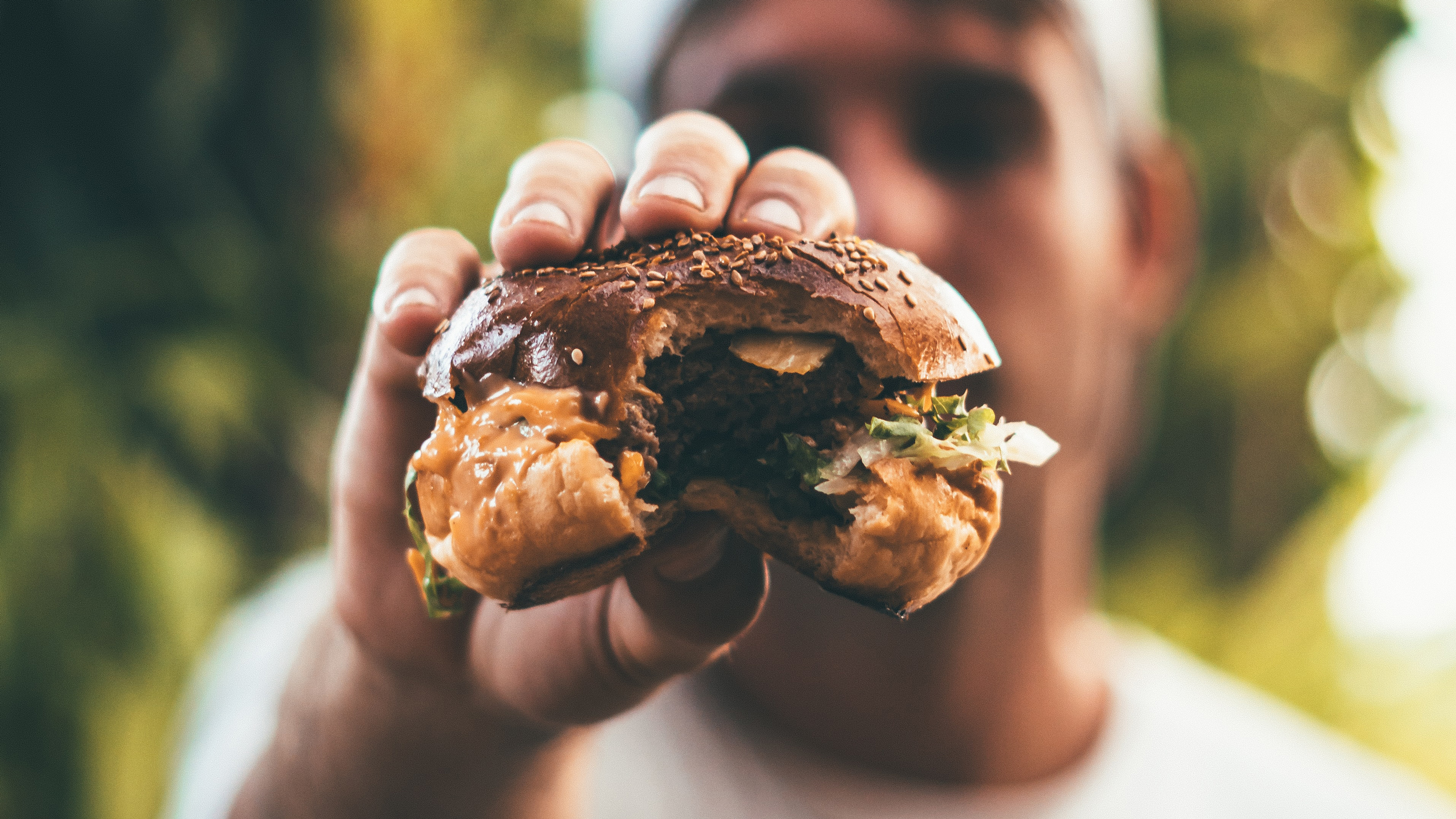Weight loss: Why a two-week break from your diet might help you lose weight
It's the news you've been waiting for: ditching your weight loss diet for two weeks might actually help your efforts to lose weight


Start your week with achievable workout ideas, health tips and wellbeing advice in your inbox.
You are now subscribed
Your newsletter sign-up was successful
If you're finding it difficult to stick to a dedicated weight loss diet, we've got some very good news for you. Some diets, such as the Mediterranean diet plan, are quite flexible and permissive, while others such as the ketogenic diet invariably end up quite strict.
However, if you're beginning to feel the urge to crack, a two-week break from your usual healthy eating routine might actually do you some good.
The study, published by researchers from the University of Tasmania, looked at the body's 'famine reaction' to continued dieting and its impact on the progress obese men were making with their weight. The researchers theorised the men would eventually slow down their weight loss by continuing with a calorie-restricted diet, as the body went into "starvation mode" to try and latch onto their fat as long as possible.
The men were split into two groups. One group maintained the diet continuously for 16 weeks while the other maintained the diet for two weeks, then broke from the diet for two weeks and just began eating to keep their weight at the same level, and repeated this cycle for 30 weeks in total to ensure 16 weeks of dieting.
It was found the intermittent dieters lost more weight over the 30-week period (16 weeks of dieting total) than the group that did 16 straight weeks of the calorie-controlled diet.

Lead author of the study Professor Nuala Byrne said dieting altered a "series of biological processes in the body", which can lead to a slowing (or even reversing) of your weight loss efforts.
Byrne said: "When we reduce our energy (food) intake during dieting, resting metabolism decreases to a greater extent than expected; a phenomenon termed 'adaptive thermogenesis' -- making weight loss harder to achieve.
Start your week with achievable workout ideas, health tips and wellbeing advice in your inbox.
"This 'famine reaction', a survival mechanism which helped humans to survive as a species when food supply was inconsistent in millennia past, is now contributing to our growing waistlines."
So, if you find your progress stalling, you can always take a two-week break, resetting those biological processes before jumping back on that horse.
However, bear in mind the men in the study reportedly ate to maintain their current weight, and didn't splurge on excesses over the course of the two weeks. Coupled with a few of our best exercises to lose weight, and relaxing the rules of your diet could lead to serious pounds lost.
Liked this?
Matt Evans is an experienced health and fitness journalist and is currently Fitness and Wellbeing Editor at TechRadar, covering all things exercise and nutrition on Fit&Well's tech-focused sister site. Matt originally discovered exercise through martial arts: he holds a black belt in Karate and remains a keen runner, gym-goer, and infrequent yogi. His top fitness tip? Stretch.
